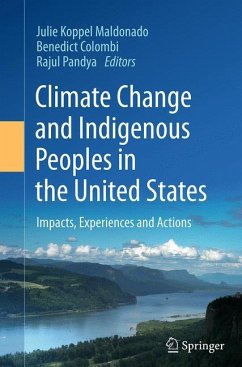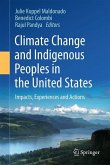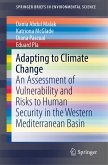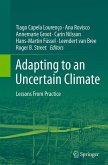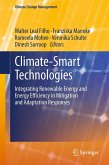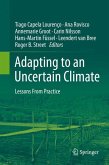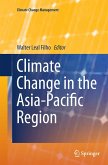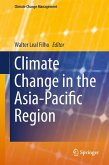With a long history and deep connection to the Earth's resources, indigenous peoples have an intimate understanding and ability to observe the impacts linked to climate change. Traditional ecological knowledge and tribal experience play a key role in developing future scientific solutions for adaptation to the impacts. The book explores climate-related issues for indigenous communities in the United States, including loss of traditional knowledge, forests and ecosystems, food security and traditional foods, as well as water, Arctic sea ice loss, permafrost thaw and relocation. The book also highlights how tribal communities and programs are responding to the changing environments. Fifty authors from tribal communities, academia, government agencies and NGOs contributed to the book.
Previously published in Climatic Change, Volume 120, Issue 3, 2013.
Previously published in Climatic Change, Volume 120, Issue 3, 2013.
From the book reviews:
"The articles in this collection lend timely evidence and detailed research to individuals and organizations seeking new solutions to the climate change crisis. They offer new paradigms for viewing ecological shifts, and negotiating the relationship between lawmakers, environmental scientists, and tribes indigenous to the United States. It also offers new and useful vocabulary for future researchers and policy makers ... . this book will undoubtedly support and inspire further research." (Rose Sayre, Natural Hazards Observer, Vol. XXXIX (3), January, 2015)
"The articles in this collection lend timely evidence and detailed research to individuals and organizations seeking new solutions to the climate change crisis. They offer new paradigms for viewing ecological shifts, and negotiating the relationship between lawmakers, environmental scientists, and tribes indigenous to the United States. It also offers new and useful vocabulary for future researchers and policy makers ... . this book will undoubtedly support and inspire further research." (Rose Sayre, Natural Hazards Observer, Vol. XXXIX (3), January, 2015)

